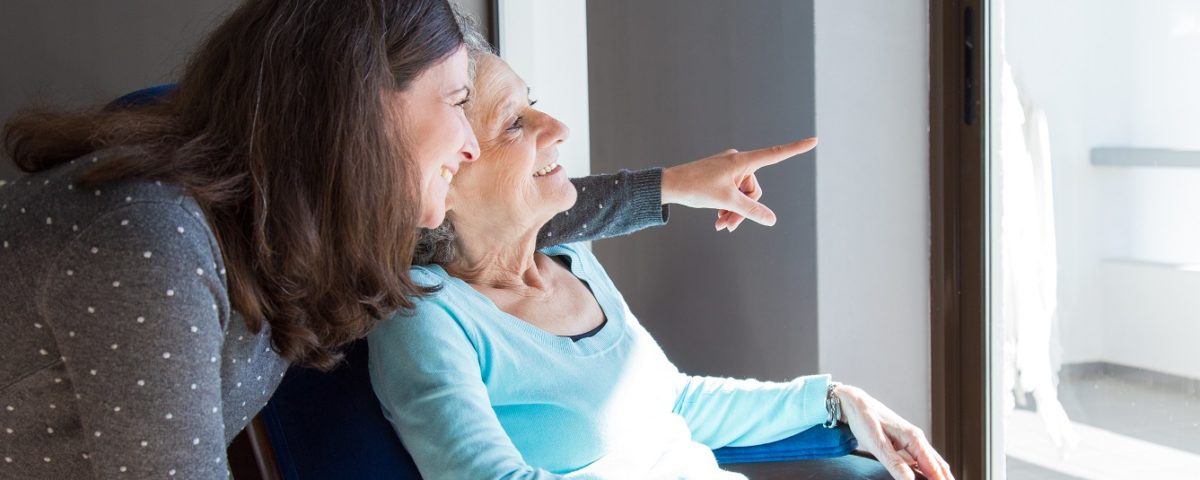7 ways to help your loved one with Parkinson’s

No-Escape Room: experience the daily challenges of a person with Parkinson’s
6th April 2021
Research Participation Opportunity
6th April 20217 ways to help your loved one with Parkinson’s

7 ways to help your loved one with Parkinson’s
It goes without saying that you want to do your best to help your loved one with Parkinson’s. But what does that mean in a practical sense?
For most of us who aren’t natural-born caregivers, we need some time to learn the best ways to help a spouse or partner deal with a challenging diagnosis. Here are seven tips that might help.
- Be honest with each other
A trap some caregiver-patient partners can get into is one person becoming the ‘nurse’ while the other is demoted to helpless patient. That’s not productive and can end up being harmful – for example if the caregiver takes on responsibilities that the person with Parkinson’s is perfectly capable of doing.As a caregiver, try to start an open dialogue for with your loved one where you come to an agreement about when and how the loved one truly needs help. - Educate yourself
Investigate educational materials that can help you understand the disease and its likely progression. You can start with the Parkinson’s NSW InfoLine – phone 1800 644 189 to ask our Registered Parkinson’s Nurses questions and to request educational materials.It’s very important to get accurate information because Parkinson’s is a complex disease, and what works for one person may not work for the next. - Attend medical appointments
Even if your loved one is capable of getting him or herself to appointments, go along to ask questions, take notes, and share your unique perspective on symptoms or other issues that your loved one may not bring up – such as sleeping problems or mood disorders. Keep a running list of questions to take with you.It’s also helpful to have a calendar to keep track of doctor and therapy appointments. You can also use a calendar to track medications and keep notes about any side effects. - Stay on top of insurance
If you were not the partner who handled questions of insurance coverage, you may want to familiarise yourself with the terms of your private health insurance. You’ll need to know details about if and to what extent your plan covers prescriptions, therapy sessions and other unexpected items. - Be observant
Watch for changes in symptoms, abilities, and moods. You should carefully note your loved one’s changing abilities – especially after changes in medication or therapy.A person with Parkinson’s may be able to do plenty that he or she did before – such as working, doing things around the house, going out with you or with friends, and undertaking normal activities.But that can change in subtle ways that the person may not always realize – for example, that he or she shouldn’t drive anymore, or that there’s a risk of falling or getting hurt.It can be tough to remind your loved one of things he or she can’t safely do, so ask Parkinson’s NSW Counsellor for advice on how to approach the loved one. Set up an appointment with one of our Counsellors by phoning the Parkinson’s NSW InfoLine on 1800 644 189
- Be flexible
Your loved one’s symptoms may vary over time and even from day to day. Be patient and flexible – if, for example, you had plans to do something that are now being derailed by a bad day. Try to give your loved one the best possible chance to do certain tasks independently before stepping in to assist out of frustration.Also, think about the feasibility and timing of removing some tasks from either your own or your loved one’s plate. For example, should you take over bill paying or hire someone to help with the garden? Also remember to talk to one another to avoid miscommunication and resentment over changes you may propose. - Be sure medications are taken on time, every time
This is crucial: If your loved one is forgetting his or her medicine, they may not be functioning as well as possible.To avoid making mistakes or having to bug or nag your loved one, develop a tool you both agree works – such as a smartphone reminder, a medication alarm, or a hard-to-miss wall calendar. Being consistent with medication can make a difference in both of your lives and lifestyles.
Source: Johns Hopkins Parkinson’s Disease and Movement Disorders Center



